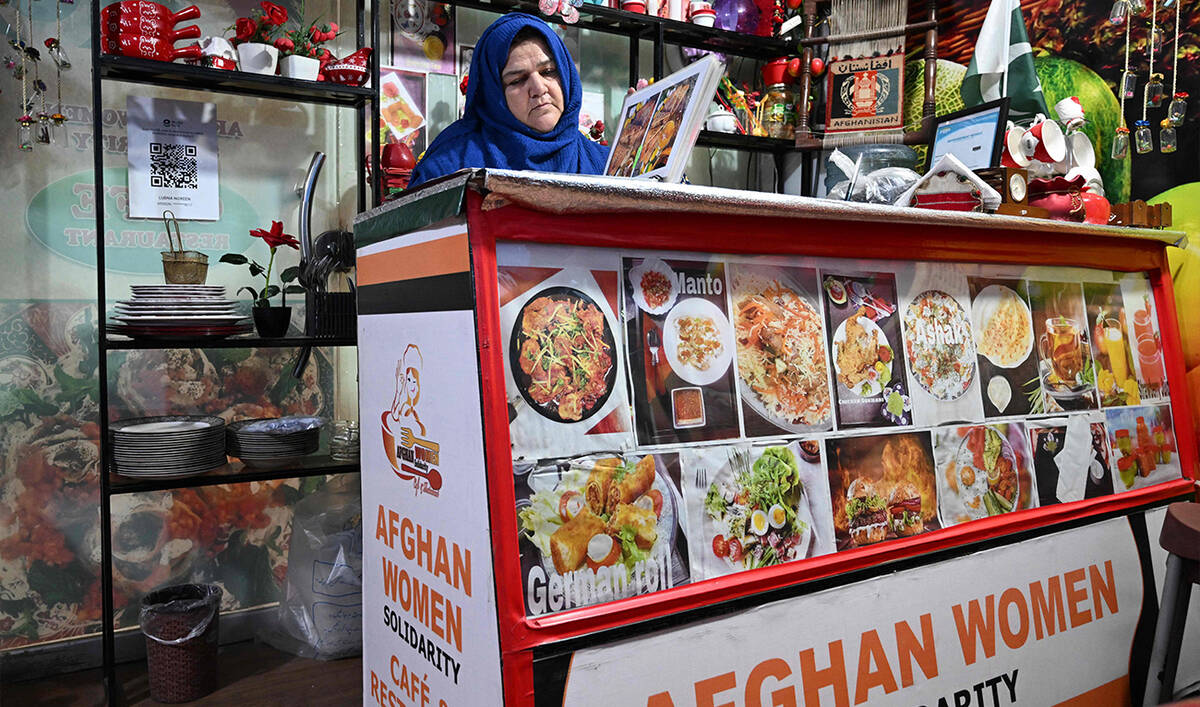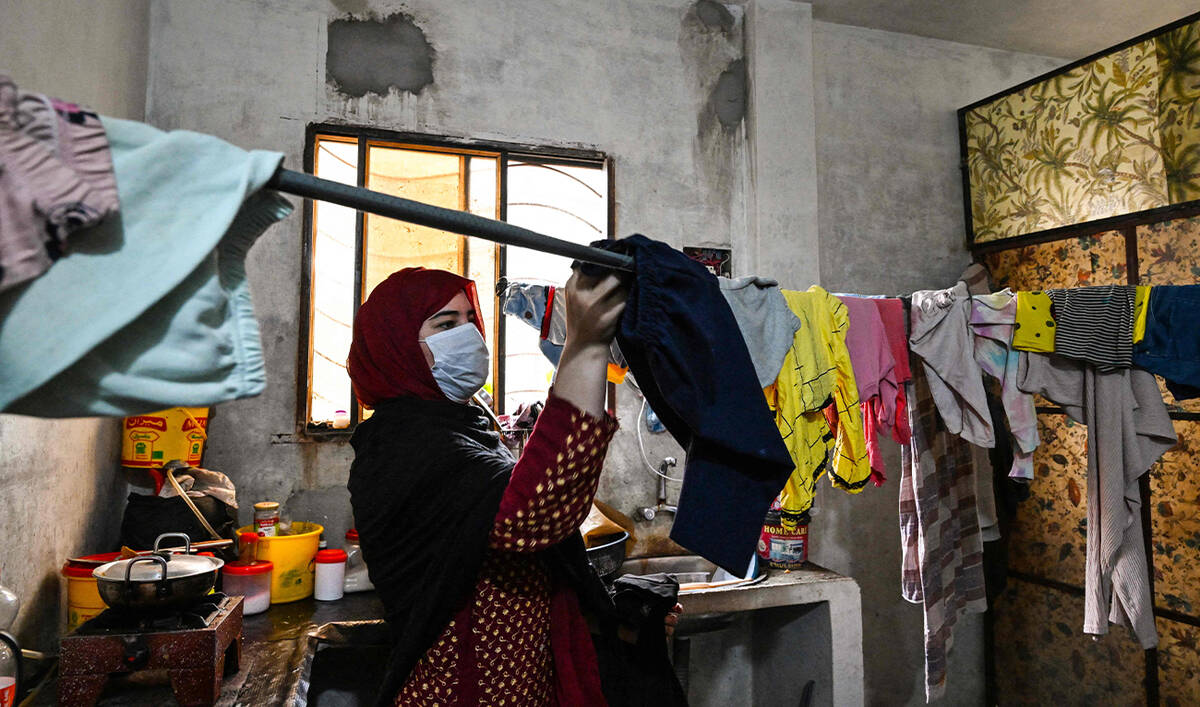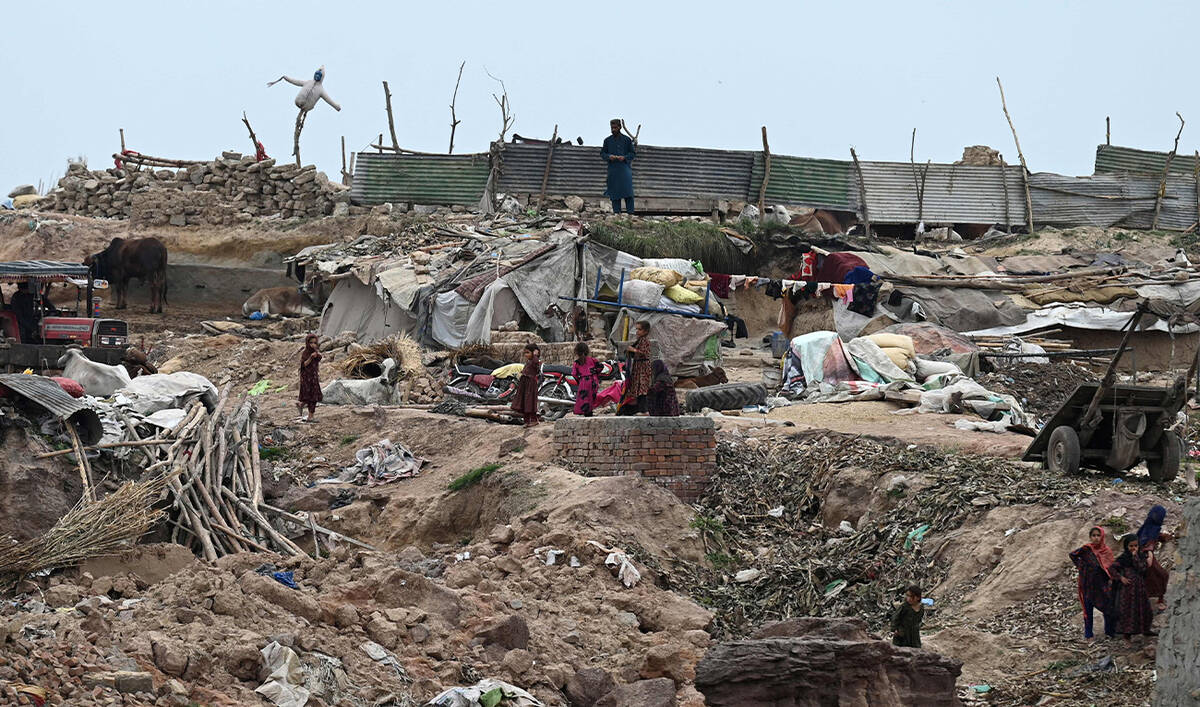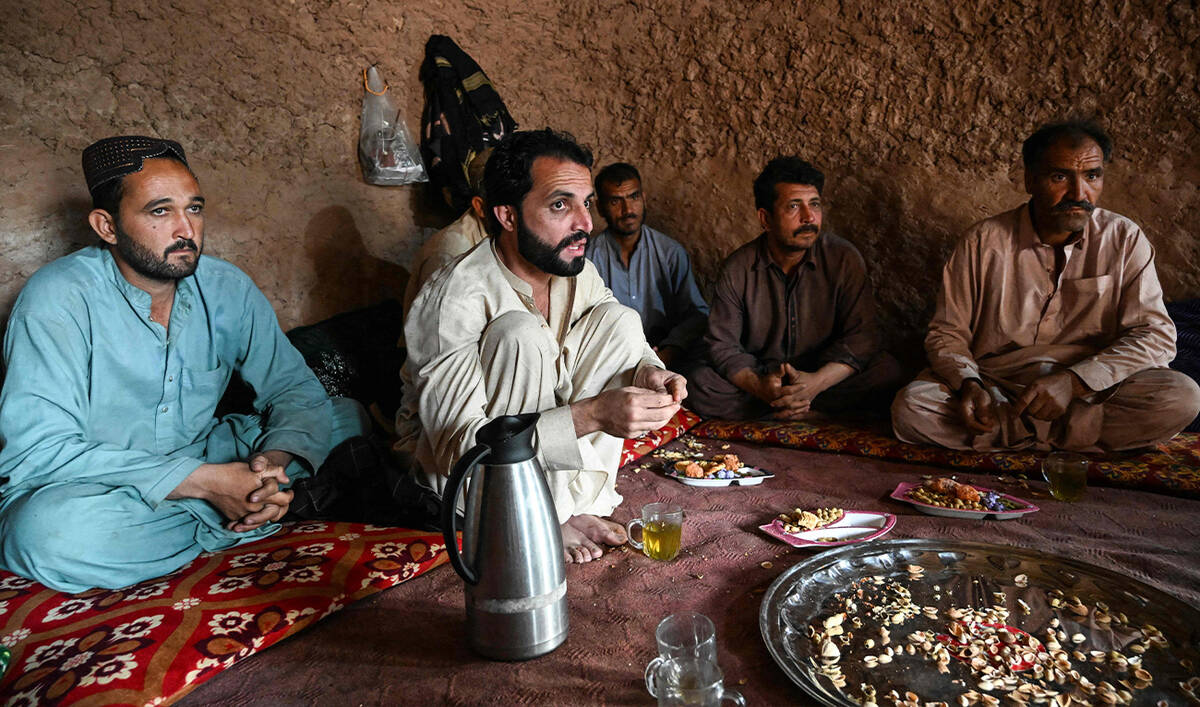KARACHI: The manufacturing of smartphone devices in Pakistan has ground to a halt after manufacturers ran out of raw material, industrialists said on Tuesday, amid a restriction by the South Asian country on several imports due to falling foreign exchange reserves.
Left with only $3.1 billion foreign exchange reserves, Pakistan has restricted imports to stop the outflow of dollars as it struggles to stave off a balance-of-payment crisis.
Commercial banks have delayed or denied opening the letters of credit (LCs) for the import of goods, including industrial raw materials, leading to the closure of many industries.
“Smartphone manufacturing has come to a halt after manufacturers ran out of parts by the mid of February and shut down their factories,” Aamir Allawala, vice-chairman of the Pakistan Mobile Phone Manufacturers Association (PMPMA), told Arab News on Tuesday.
Allawala, who described the situation as “very painful,” said the monthly import bill of those running smartphone production plants amounted to nearly $170 million.
The government had agreed to halve the amount for the import of raw material under the current situation, but that was not being materialized, he added.
“Dollar requirement of mobile phone manufacturers is $170 million per month but for two months, January and February, no LC has been opened despite the government’s assurance to release $83 million,” Allawala said.
Arab News made multiple attempts, but could not reach Pakistan Information Technology and Telecom Minister Aminul Haque for a comment on the matter.
The South Asian nation, which used to be a net importer of mobile phones prior to 2016, started producing feature phones in 2016 and smartphones in 2019.
In 2022, local production of phones stood at 21.94 million handsets as compared to the import of 1.53 million devices, according to the Pakistan Telecommunication Authority (PTA).
Around 29 mobile phone assembling plants exist in Pakistan that mainly import smartphone parts from China, South Korea and Vietnam.
In May last year, the South Asian country, grappling with economic woes, had imposed a ban on the import of luxury items to save the greenback for the import of essential commodities, including food and energy.
The government, however, allowed imports in later months, but restricted the flow of trade.
“We were already operating at 40 percent capacity since May 2022 but the situation has forced us to completely shut down the plants which we did last week,” Abdul Wahab, a director at an Infinix mobile phone assembling facility, told Arab News.
“We were producing 300,000 handsets per month but now the production has dropped to zero with supply chain completely dried out.”
Allawala said smartphone manufacturing was a labor-intensive industry and had employed around 40,000 skilled and unskilled workers. A majority of the workforce had been laid off or was in the process, he added.
Allawala, whose company manufactures Techno mobile phones in Pakistan, said Chinese experts working at the facility had returned, while their investment was at stake due to the current situation.
“There were 12 Chinese managers working at our facility, but now 10 have left for China due to the current situation,” Allawala said. “The state of the economy has also disappointed investors.”
He said the country had the potential to export mobile phone worth $13 billion and it could be materialized by making Pakistan a manufacturing hub.
The Mobile Device Manufacturing Policy 2020 set a 49 percent localization target by June 2023, including 10 percent localization of parts of the motherboard and 10 percent localization of batteries.
Allawala said manufacturers were eyeing localization of parts and exports from the country, but “I am not sure how these objectives would be achieved under the current circumstances.”
Pakistan’s mobile phone imports witnessed a massive decline of 67.3 percent to $414.8 million from July 2022 till January 2023 as compared to $1.27 billion of the same period the previous year, according to the Pakistan Bureau of Statistics.




















